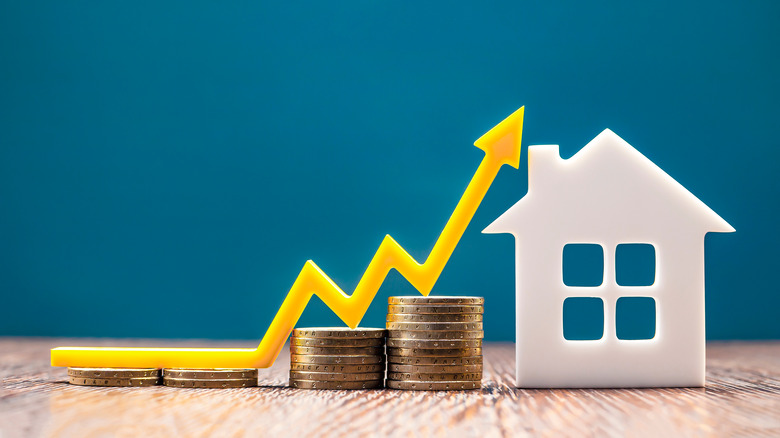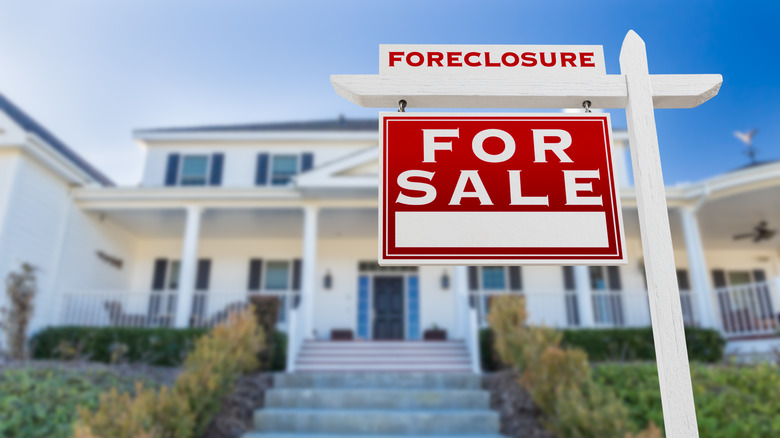How The Federal Reserve Interest Rate Hike Is Affecting The Housing Market
Over the last few years, the real estate market has been fluctuating quite a bit. According to Federal Reserve Economic Data, the average price of a home in the United States has surged from $374,000 in 2020 to $542,000 in the third quarter of 2022. We have inflation and a lower supply of affordable properties to thank for this price increase, but the Federal Reserve's recent interest hikes are doing even more to exacerbate the problem and price out potential buyers.
The Federal Reserve frequently increases interest rates in an attempt to curb inflation — fewer people borrowing money to purchase goods means less demand, and less demand means falling prices — but when it comes to sensitive sectors like housing, these minor changes mean big impacts on people looking to buy or sell their homes. So how will these impacts play out in real time, and what we can expect to see in the housing sector in 2023?
Current impacts to expect
Throughout 2022, the Federal Reserve has been increasing interest rates at historic speeds, doubling them from 3% to 6% over the course of the year (via NBC News). In other sectors of the economy this decision might come off as little more than heavy-handed, but in the housing market, it's having major effects on who can afford to buy a home. According to Freddie Mac, this hike in 2022 alone is estimated to have priced out 15 million homebuyers and increased financial pressure on the few that are still looking to buy.
Sellers are feeling the effects of this market as well. With increased interest rates on mortgages, people can't afford the same home prices they could a few years ago, so sellers are being forced to decrease asking prices if they want anyone to bite. Lower home prices may sound good on paper, but with existing high interest rates, it doesn't make much difference in what you actually pay unless you're somehow blessed with the ability to pay for an entire home in cash.
Hope on the horizon?
Luckily, in the coming year, this pattern of rising interest rates is expected to slow. According to Newsweek, the Federal Reserve's decision to raise rates another .5% is a slightly less extreme measure than the last few months — and concerns about the housing market are making their way into the discussion. It's unlikely that they'll be reducing rates in the coming few months, but luckily, everything is likely beginning to level out. We've probably surpassed the peak of both inflation and extreme interest rate increases, at least for the time being.
While predicting the future is impossible and often irresponsible, it's believed that the Federal Reserve will likely begin to reduce rates at the end of 2023 once we see further decreases in inflation across all sectors. For now, the market certainly isn't great if you're looking to buy or sell your home, but we've made it through the worst of the interest rate hike storm that hit the housing market in October.


